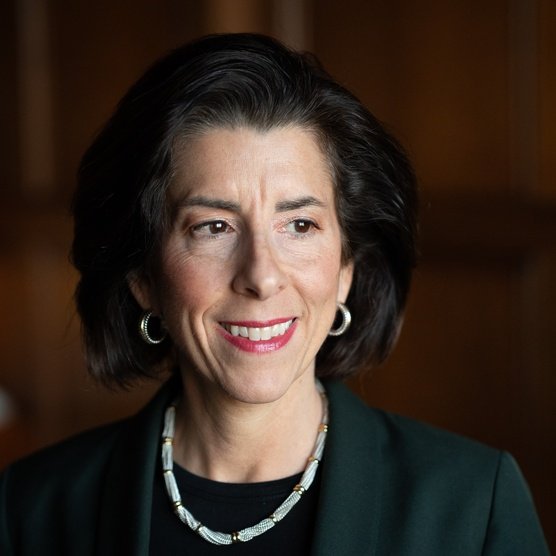Expert Bio
Brad W. Setser is the Whitney Shepardson senior fellow at the Council on Foreign Relations (CFR). His expertise includes global trade and capital flows, financial vulnerability analysis, and sovereign debt restructuring. He regularly blogs at Follow the Money.
Setser served as a senior advisor to the United States Trade Representative from 2021 to 2022, where he worked on the resolution of a number of trade disputes. He had previously served as the deputy assistant secretary for international economic analysis in the U.S. Treasury from 2011 to 2015, where he worked on Europe’s financial crisis, currency policy, financial sanctions, commodity shocks, and Puerto Rico’s debt crisis, and as a director for international economics on the staff of the National Economic Council and the National Security Council.
He is the author of Sovereign Wealth and Sovereign Power (CFR, 2008) and the coauthor, with Nouriel Roubini, of Bailouts and Bail-ins: Responding to Financial Crises in Emerging Economies (Peterson Institute, 2004). His work has been published in Foreign Affairs, Finance and Development, Global Governance and Georgetown Journal of International Law, among others.
Setser was a senior fellow at CFR from 2016 to 2020, a fellow from 2007 to 2009, and an international affairs fellow in 2003. He also has been a visiting scholar at the International Monetary Fund. He holds a BA from Harvard University, a masters from Sciences-Po Paris, and an MA and PhD in international relations from Oxford University.
Media Inquiries
-
Chinese state banks have been consistently accumulating foreign assets. The direction of pressure on China’s currency has changed; without backdoor intervention, it would now be getting stronger.
-
China’s surplus wears an invisibility cloak; it disappears in the IMF’s eyes.
-
Ten CFR experts break down what the president’s trade agenda has accomplished since he placed a ninety-day pause on his expansive “Liberation Day” tariffs.
-
Taiwanese insurers are locked into holding U.S. dollar bonds that trade below par, putting pressure on Taiwan’s central bank to intervene to block currency adjustment to preserve their capital.
-
U.S. pharma companies should pay rather more of their corporate income tax in the U.S.—and start producing more of their best drugs in the U.S. as well.
-
-
There is too much talk about the dollar’s role as a reserve currency and too little talk about expectations of exceptional returns. Reserve accumulation hasn’t driven the financing of the U.S. current account deficit in recent years.
-
The United States has had a trade deficit, meaning we import more than we export, for the past fifty years. But recently the trade deficit has become a front-burner issue for President Donald Trump and a core reason for his administration’s sweeping tariff policy. When do trade deficits become a problem? Is the United States already at the tipping point?
-
How should Europe respond to the threat of 50 percent tariffs?
-
The U.S. federal court ruling that President Trump had overstepped his authority on imposing tariffs marked a clear setback for the administration. But any global cheering has been tempered by the recognition that U.S. officials have other tools for authorizing penalties, and that an appellate court has reinstated some tariffs.
-
-
China's trade surplus is rising. China's reported current account surplus is rising even faster.
 Online Store
Online Store



